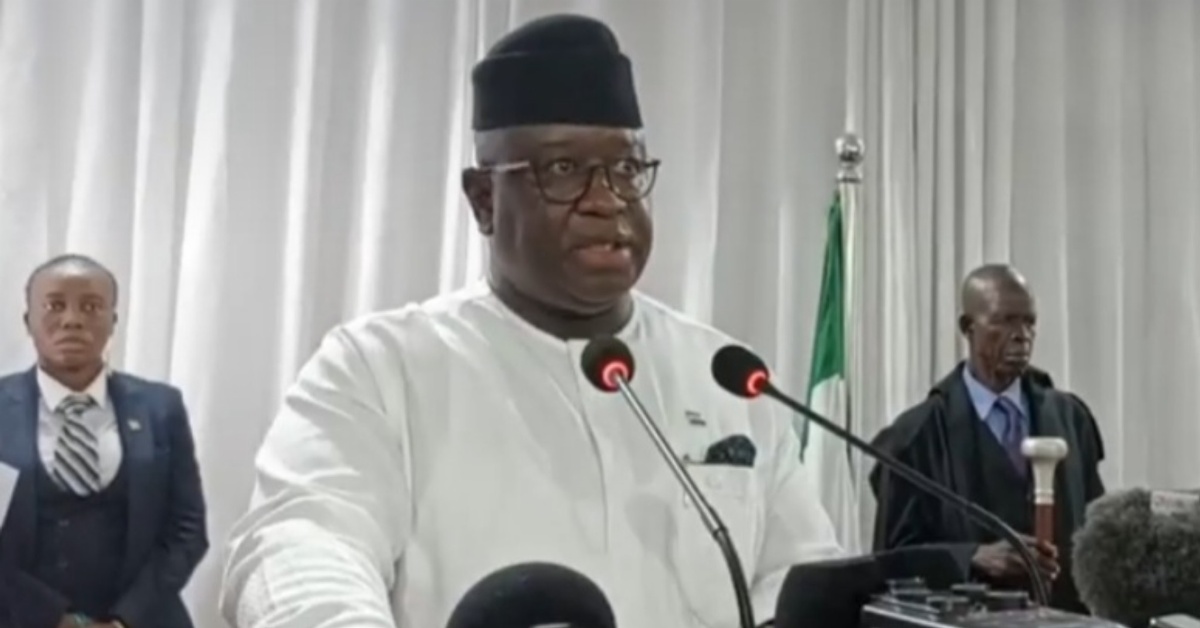The government of Sierra Leone has affirmed its dedication to bolstering the management of public expenditures and the execution of budgets, with a focus on preventing the accumulation of arrears and enhancing the credibility of the budget. In accordance with this commitment, the government has unveiled its intention to present a Supplementary Budget in July 2023, aiming to tackle three significant concerns.
According to a letter of intent from the Minister of Finance, Sheku A.F Bangura, to the Managing Director of the International Monetary Fund (IMF), Kristalina Georgieva, the Supplementary Budget will be consistent with program projections for revenues and expenditures. It will be informed by program projections for macroeconomic variables such as growth and inflation, with a target deficit of around 5.6 per cent of GDP.
The Supplementary Budget will include the utilization of a $25 million grant from the World Bank’s Crisis Response Window (CRW) to offset certain expenditures. As a result, budgetary expenditures may be lower once the CRW expenditures are taken into account.
To strengthen cash management, the government has implemented various measures, including regular meetings of the cash management committee, aligning quarterly budget allotments to cash flow projections, mandatory processing of payments through the Integrated Financial Management Information System (IFMIS), and limiting the printing of checks through the Electronic Funds Transfer (EFT) system.
Furthermore, the government is committed to addressing domestic arrears through a revised arrears clearance strategy, which will be fully budgeted for starting with the 2024 budget. The government aims to issue domestic debt at longer maturities and mobilize additional grant resources to mitigate the risk of debt distress and create fiscal space for spending on priority areas.
The Supplementary Budget will take into account updated macroeconomic developments, fiscal outturns in the first quarter of 2023, and any additional expenditure surprises. Revenue and expenditure projections will be based on the macro framework for the 6th and 7th reviews, including price and exchange rate projections. The budget will also include updated revenue targets in line with the 2023 Finance Act and additional expenditure measures, such as postponing non-priority projects on feeder roads, delaying subscriptions to international organizations, and ensuring vehicle purchases strictly adhere to approved budget allocations.
The government’s efforts to submit a Supplementary Budget demonstrate its commitment to fiscal responsibility and prudent financial management.

 2 Comments
2 Comments









Comment(s)
Disclaimer: Comments expressed here do not reflect the opinions of Sierraloaded or any employee thereof.